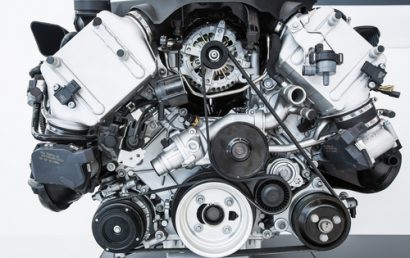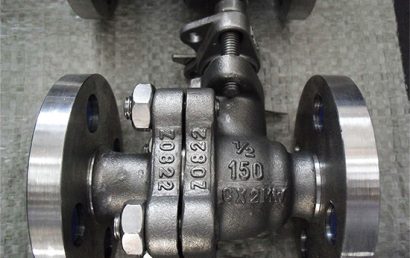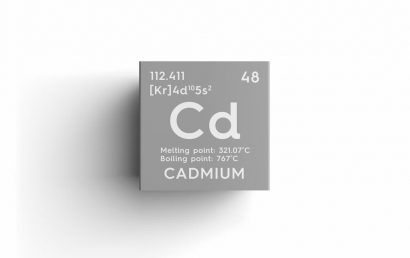Industries Fluctuate, But Polyurea Keeps On Coating
When a pre-polymer like hexamethylene di-isocyanate (HDI) or methylene diphenyl di-isocyanate (MDI) reacts with amine-terminated resins, a polyurea coating is formed. Originally, polyurea was created for the automotive industry in the 1980s. It formed a lasting watertight layer as a truck bed liner. Today, applications for polyurea are many and can include manufacturing, marine, automotive, infrastructure, and building and construction industries – just to name a few.
Polyurea Coatings
Polyurea coatings depend on a more advanced technology than do others. They are elastomeric in nature. Other, more traditional technologies can include polychloroprene, PU, vinyl ester, and epoxy. The application of polyurea coatings can be found on building and infrastructure components like sewage pits, floor coverings, pedestrian footpaths, water reservoir containers, and tunnels.
Additionally, they are widely applied on secondary containments, truck linings, tanks, bridges, and more. Because they are so perfectly resistant to corrosive gases and hydrocarbons, polyurea coatings are employed in applications that are highly demanding as industrial coatings. Perfect examples are the chemical industry, and oil and gas industries.
A Wide Range Of Properties
Largely dependent upon the application and formulation of these polyurea coatings, various kinds of coatings can be made in order to achieve a wide range of properties. This can run from very soft material to a very hard one, and from high tensile strength to high elongation. These kinds of coatings are known for their mechanical strength, their superior resistance to corrosion and weathering, and their durability, chemical resistance, abrasion resistance, and water resistance.
Benefits of Polyurea Coatings
These coatings can be water-based formulations, if preferred, and come in a number of colors and designs. Additionally, they have extremely short cure times and fast set characteristics. The low set times mean that fewer losses will occur due to downtime. One can imagine how popular that concept is with facilities.
Forming Bonds
Highly durable, strong bonds can be formed between polyurea coatings and various substrates including wood, ceramics, concrete, and metals. They sustain over numerous climatic conditions and a wide range of temperatures.
But Are There Any Drawbacks?
As with anything, there are a couple of negative points when referring to polyurea coatings. Some of their drawbacks can include the following:
- Compared to other substitutes, the material comes at a significantly higher cost.
- Extensive equipment is required for the application of these coatings.
The good news, however, is that these coatings, as a result of their life expectancy, end up being much more cost-effective. Compared to their substitutes, they are substantially longer-lasting.
How Are Polyurea Coatings Doing?
During the last decade, the use of these coatings witnessed rapid growth. In the near future, the trend is likely to continue. The construction and building industry are one of the biggest users of these kinds of coatings. Just imagine how much of a demand there will be for polyurea coatings as urbanization and industrialization in different parts of the world progress.
In economies such as Malaysia, Thailand, and India, the polyurea coatings market is rapidly emerging. Growth is also being experienced in South Africa, Mexico, and Brazil.
The polyurea market does look good for the gas and oil industry, despite a recent slowdown in the industry. The reason being, within this industry, these protective coatings are increasing in use. Rather than waiting for equipment to break down and require maintenance, these coatings are being used to prevent breakdowns; thereby decreasing maintenance costs and downtime.
A&A Coatings is familiar with numerous formulations, applications, protective coatings, and how they all work together. We can help any industry improve their bottom line through the use of thermal spray coatings. Contact us today to find out how polyurea coatings, or possibly an alternate thermal spray coating, can be of use in your industry.



